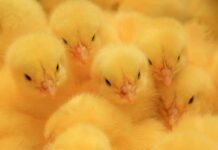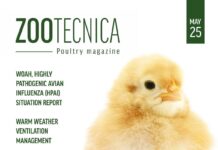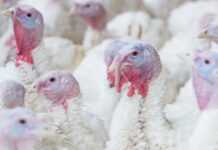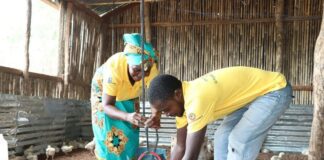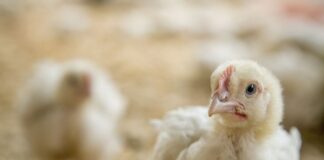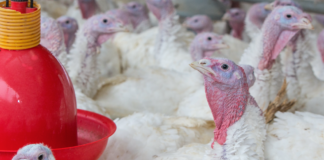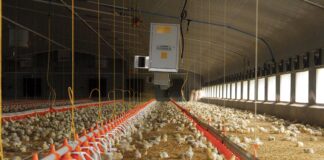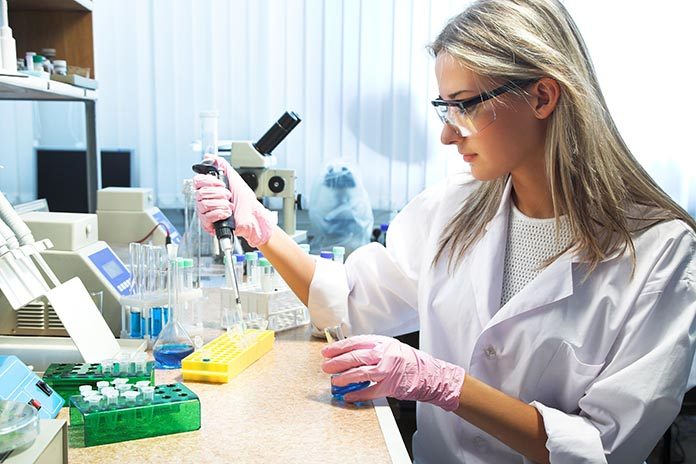
Veterinary researchers from around the world came together at this year’s joint UK & International Veterinary Vaccinology Network Conference on the 9-10 January 2019 with the aim of improving vaccines for livestock and zoonotic diseases both in the UK and internationally.
Over 200 participants attended the two-day conference, whilst over 250 people from 28 countries joined via live streaming of the event.
Following on from the success of the International Veterinary Vaccinology Network’s (IVVN) inaugural meeting in Nairobi, the two networks hosted the conference in London to address four themes through seminars and poster sessions: Vaccines for Ectoparasites, Vaccine Commercialisation, Antigen Discovery and Controlling Antimicrobial Resistance (AMR) with Vaccination.
The conference was also the last to be held by the UK Veterinary Vaccinology Network (UK VVN), and cemented the handover to the IVVN. “After four fantastic years of forging collaborations, our goal of connecting researchers working on important veterinary disease vaccines has been realised. It could not have happened without the commitment our members have shown, and I am very proud of what we have achieved”, said Madeleine Clark, UK VVN Coordinator and PhD student at The Pirbright Institute.
Since 2014 the UK VVN has hosted five conferences across the UK, as well as a variety of workshops to aid in understanding the research landscape in different fields of vaccinology; identifying gaps and priorities and supporting career development.
Over the last four years the UK network has built a base of over 600 members and supported many focus groups, which have brought researchers together to address scientific priorities and community needs. The creation of an Immunological Toolbox led by Pirbright’s Professor John Hammond and Professor Jayne Hope at The Roslin Institute, and the revival of the British Society of Immunology affinity group, The Comparative Veterinary Immunology Group, led by Pirbright’s Dr Elma Tchilian, are two such examples.
The UK VVN also provided experts to the UK Vaccine Network; a panel which was set up by the UK Government to lead on prioritising vaccine development for outbreak potential pathogens. This ensured policy makers understood the important role veterinary vaccines play in preventing diseases that spread from animals to humans (zoonoses.
The success of the UK VVN directly resulted in the funding of the IVVN by Medical Research Council (MRC) and Biotechnology and Biological Sciences Research Council (BBSRC), which has been operational for 16 months. Pirbright’s Director, Dr Bryan Charleston, is both the UK VVN Chairman and Co-Chair for the IVVN, ensuring the work undertaken by VVN is continued through the new international platform. In addition to conferences and workshops, the IVVN will also provide funding, lab exchanges and scholarships, specifically with a remit to address challenges in vaccinology for priority livestock and zoonotic diseases impacting low middle-income countries.


